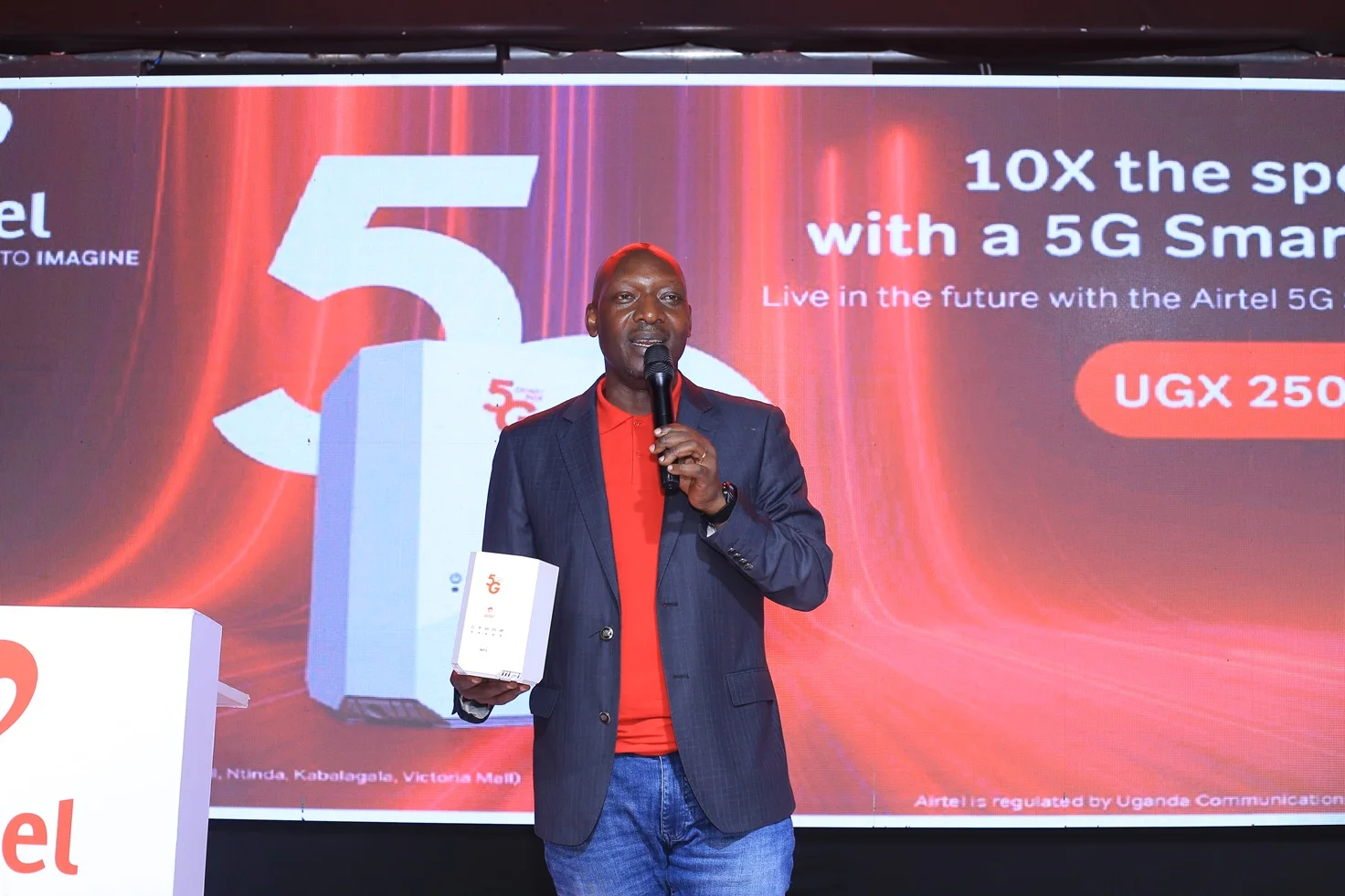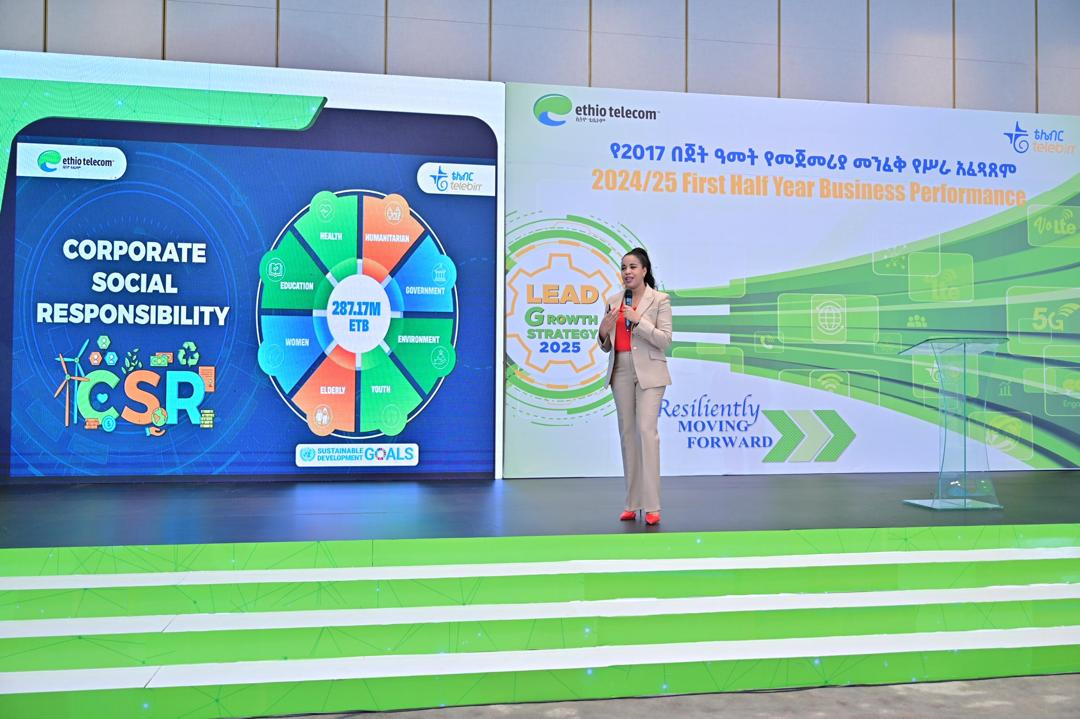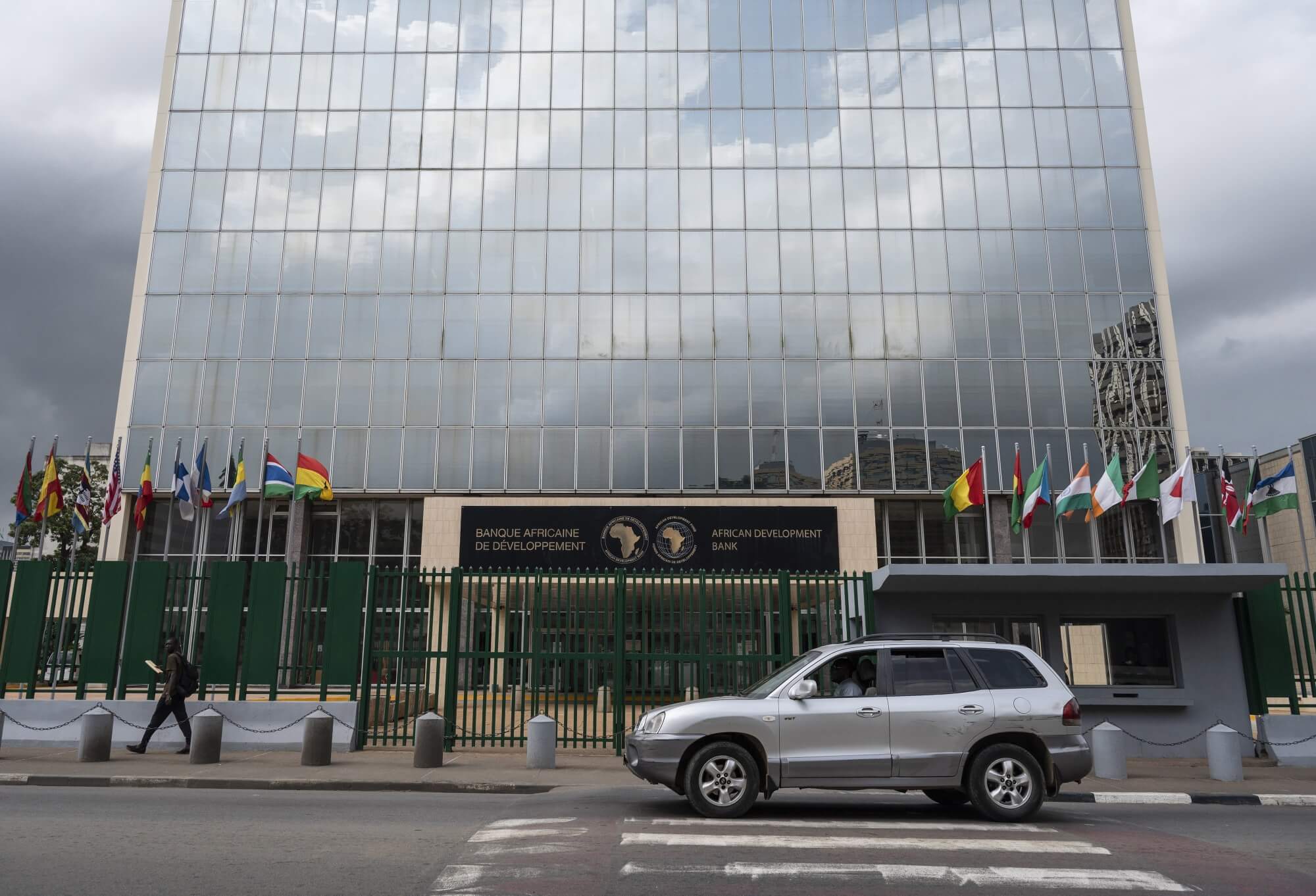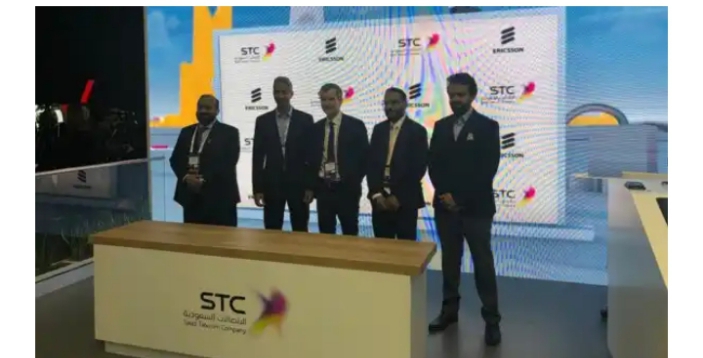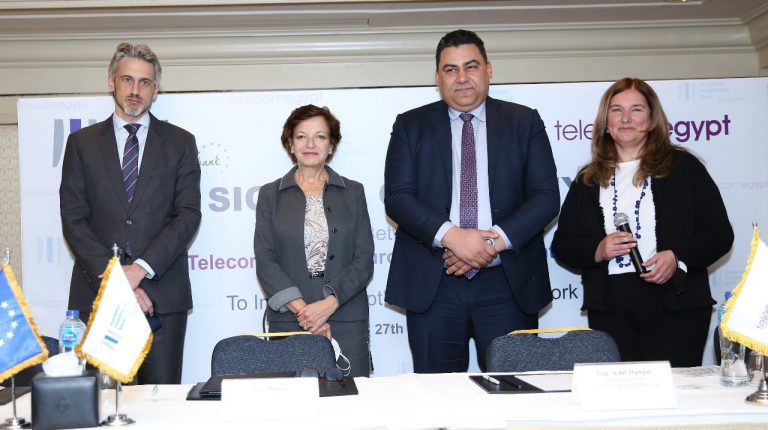Airtel Uganda announced the launch of new 4G network sites in Lira City and surrounding areas on Friday, aiming to improve digital access across the country.
The initiative is part of the telecom company’s ongoing efforts to enhance internet speeds, call quality, and overall connectivity for communication, education, and business purposes.
Key stakeholders, including executives from Airtel Uganda, government representatives, and local leaders, gathered during the inaugural event in Lira City.
Read also: Airtel Money, Spiro Uganda partner to launch AI-powered electric motorcycle loans
Unlocking new opportunities via enhanced connectivity
David Birungi, MCIPR, Airtel’s PR and Corporate Communications Manager, spoke at the occasion and underlined that the campaign’s main theme is digital acceleration—unlocking new opportunities through improved connectivity.
“With this upgraded network, even a small-scale trader selling simsim can easily check market prices or make transactions online. It also enables virtual learning, allowing students from King’s College Buddo to seamlessly connect with schools here in Lira,” said Birungi.
He added that Airtel has already increased access to digital education by connecting four schools in the Lango region.
Airtel’s commitment to digital transformation
Wongani Muthiya, Sales Director for Growth Markets at Airtel Uganda, reaffirmed the company’s dedication to inclusiveness and digital transformation.
“We are here to strengthen Lira’s position in Uganda’s digital transformation journey. As part of this, we are proud to announce five new network sites in Lira City: Lira Kirombe, Ireda, Lira Railways Quarters, Akwoyo, and Lira Boya. This marks a significant step in our efforts to improve network capacity and accelerate digital access,” he stated.
Muthiya also disclosed Airtel Uganda’s plans to improve customer experiences by investing in new masts and technologies.
“Our farmers in Lira and across Uganda will now have better access to agricultural information, improving their productivity and livelihoods,” he added.
Airtel’s partnership with UNICEF to provide schools with internet connectivity
In order to guarantee that students in the Lango region have equal access to education, Airtel Uganda has partnered with UNICEF to link a number of schools to the internet and offer free monthly connectivity.
“We want to ensure that all children, regardless of location, have access to the same educational resources as their counterparts in major cities,” Muthiya explained.
Rebecca Alwedo, the Deputy Mayor of Lira City, praised Airtel’s investment and said the city’s 2020 city status transition was part of a plan to make it an industrial, competitive and green centre.
“As part of this vision, we aimed to elevate Lira into a smart city, ensuring that industries operate efficiently. Today, we are pleased to partner with Airtel to enhance communication infrastructure in the city. ” Alwedo stated.
Read also: Airtel Uganda to sell remaining shares to satisfy regulatory criteria
Airtel Uganda empowers Lira with digital public library
Through its support of the Lira Public Library Digital Community, Airtel Uganda, in collaboration with ATC Uganda, is significantly influencing digital literacy in Lira.
This program is a component of Airtel’s continuous effort to use technology and education to empower communities.
Monthly training sessions, including Cyber Security and Basic Computer Skills, are available through the Lira Public Library Digital Community.
These courses will give a wide range of students—including women, senior citizens, and O and A-level students—the necessary fundamental digital skills.
The Airtel team recently visited Rebecca Awayo, head of the library, and Oscar Okwanga, the IT administrator, observing firsthand how the program was changing lives.
The visit evidenced Airtel Uganda’s commitment to closing the digital divide and raising a generation of tech-savvy individuals.
Airtel Uganda keeps investing in digital inclusion through programs like these, guaranteeing that people of all ages and backgrounds can take advantage of high-quality education and possibilities driven by technology.
